ABOUT US
WHO WE ARE
We are a group of citizens concerned about the continuing growth in economic disparity in the United States.
The goal of the center is to make an impact. While board members share a passion to reverse wealth and income inequality, we are not the experts. We will begin our work by researching and assessing the current advocacy landscape and add content to the links under “Advocacy Efforts” drop down menu. The longer term goal is to provide financial support for some of these efforts. We need community input in thinking through how to achieve the goal of our mission.
Joining our email list, considering board membership or a donation will go a long way to enhancing our efforts.
We are particularly interested in recruiting board members who represent the diversity of communities and interests in the U.S.
Meet the Board and Staff


Kevin has spent decades as a behavioral health provider, administrator, educator and researcher.
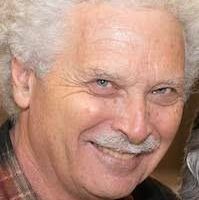

Mike has 45 years of experience in executive management positions in affordable housing and community development. He also has substantial experience in real estate development and finance in the non-profit, public, and private sectors.
He is the founding executive director of a nationally-recognized community development corporation as well as executive director of Massachusetts’ quasi-public housing agency for non-profit developers.
Mike is a senior commercial real estate lender for private firm.
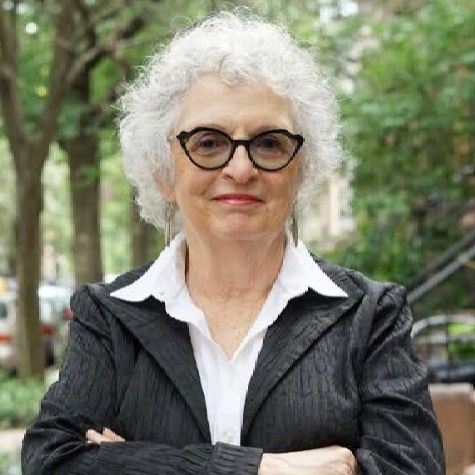

Candy has a long history of teaching and providing mental health services.
She is now engaged in her second career as an actor.


Stephen is currently a psychiatric nursing practitioner student and has spent many years providing mental health care in California's central valley.
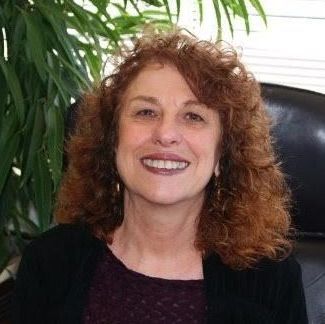

Nadine has devoted her career at both the Greater Boston Legal Services and the Lawyers Committee for Civil Rights, where she worked on cases involving a range of issues, including civil rights, housing, employment discrimination, predatory lending, voting rights, and affirmative action.
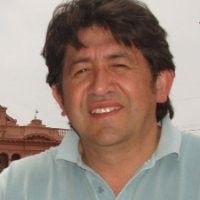

José is a retired filmmaker and media broadcast producer, specialized in the Latino market. His career includes over 35 years of experience in Project Management on a variety of media, health, environmental, advertising and social marketing related subjects.
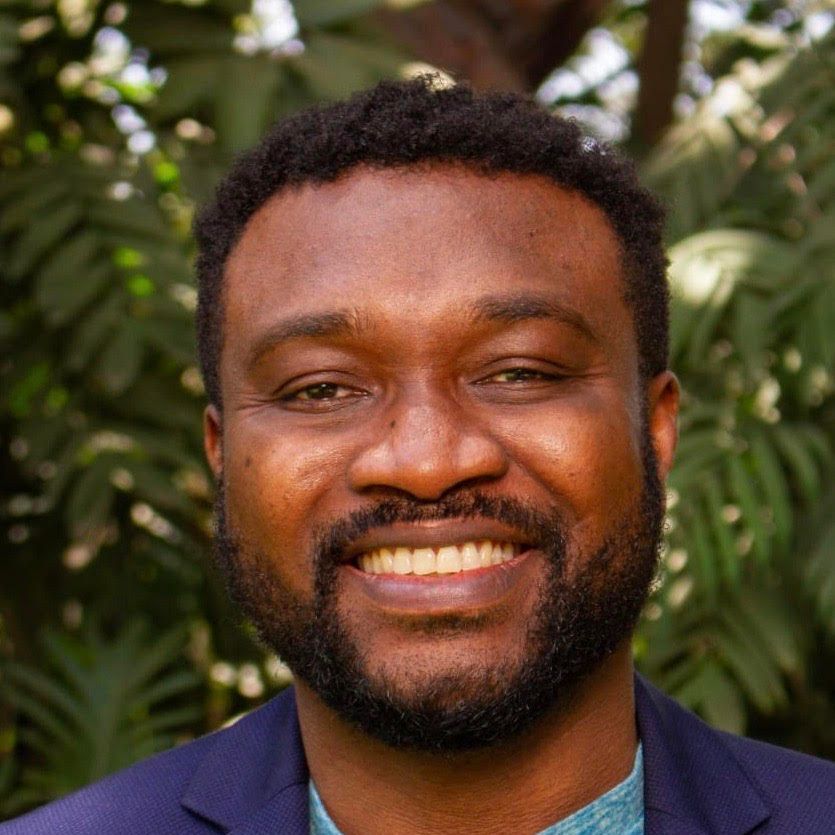

Nkasi is a doctoral student, trained lawyer and has considerable research and analysis experience including socio-political mapping.
He has taught graduate and undergraduate students at the University of Port Harcourt, Nigeria, Cape Town, South Africa and the University of Massachusetts, Boston.
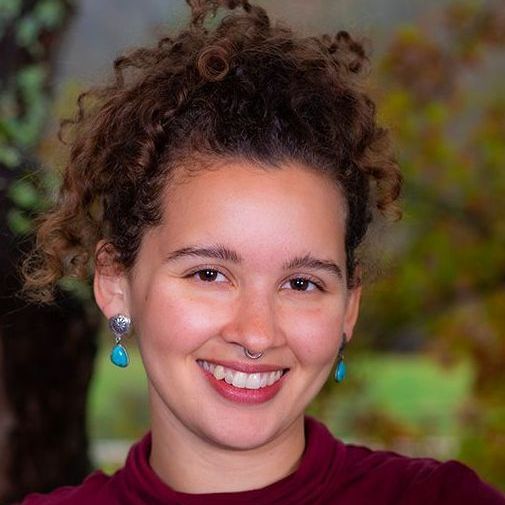

Olivia Cleveland has spent the past few years working closely with sustainable agriculturalists around the Southeast region. Her professional experience sits at the intersection of advocacy, citizen-led institutional research, and community leadership development.
Our Organizational Core Values
Our Mission
The mission of the Center for the Study of Income and Wealth Disparity is to research, educate, and advocate for change related to income and wealth disparity.
Our Values and Beliefs
- It is asserted that there are significant structural and Systemic processes situating individuals at significant disadvantage in the distribution in wealth and income.
- It is acknowledged that individual effort and personal agency also contribute to economic status however, systemic, and legacy resources in the way of family wealth, social connections, enriched educational opportunities are more powerful enablers of economic gain. Our priority aim is to address and advocate for the structural changes that impede individual effort and personal agency.
- It is asserted that deprivation and disparity in material resources has a significant impact on individuals in the way of denial or limitations in access to even the most basic resources, e.g., housing, food, health care, and education.
- Material deprivation and disparity segregates individuals and creates barriers that potentially confer a status of inferiority hence diminishing one’s esteem and confidence.
- Mitigation of material deprivation and disparity is morally compelling and necessitates efforts that specifically address and target the lack of and access to material equity.
- Symptom remedies are critical to the survival of many individuals and groups. Charities, philanthropies and governmental programs provide necessary aid in the way of material support and services. However, we are aware that these remedies often do not address the structural issues and potentially maintain individuals in a regressive dependency status.
- Mitigation efforts are conceptualized as resources that provide direct material equity and psychological worth serving to reduce dependency, psychological stress, and also enhancing self-worth, independence, and a personal sense of social inclusion.
Our Objectives
- The organization intends to focus on material resource deficits and disparity e.g. wealth and income.
- The organization intends to mitigate material deprivation and disparity by targeting the deepest levels of socio-economic structures.
- The organization will survey and assess current and emerging efforts related to mitigation of wealth and income inequality and consider how they may be supported by our organization.
- Upstream remedies are prioritized over “symptom remedies,” e.g. remedies that fail to address the larger economic structural issues.
- Henceforth, the organization will consider support for collective action such as: unionization as well as initiatives that advocate for guaranteed access to adequate income, housing, healthcare, food, and education.
- Mitigation efforts will also consider targeting social and cultural values that privilege various occupational roles, e.g., management, professionals, finance, which results in significant compensation differentiation. The effort here is to highlight the value, worth and dignity of all labor which should be justly compensated. This effort contrasts with efforts that support educational and occupational opportunities while maintaining significant economic distinctions for various types of labor.
- The organization will target efforts that are conceptualized as a progressive redistribution of wealth and income, i.e., those who have greater material resource are responsible for a greater proportional re-allocation of those resources.
- The organization will endeavor to collaborate with other organizations who similarly target and are addressing the above issues and efforts.
WIE is a registered Non-profit
Contact us by Email
A Donation Makes a BIG Difference
All donations are tax deductable and go to supporting the development of our work and future support to advocacy efforts as described on this site.
Center for Study and Advocacy to Reduce Wealth and Income Inequality - All rights reserved